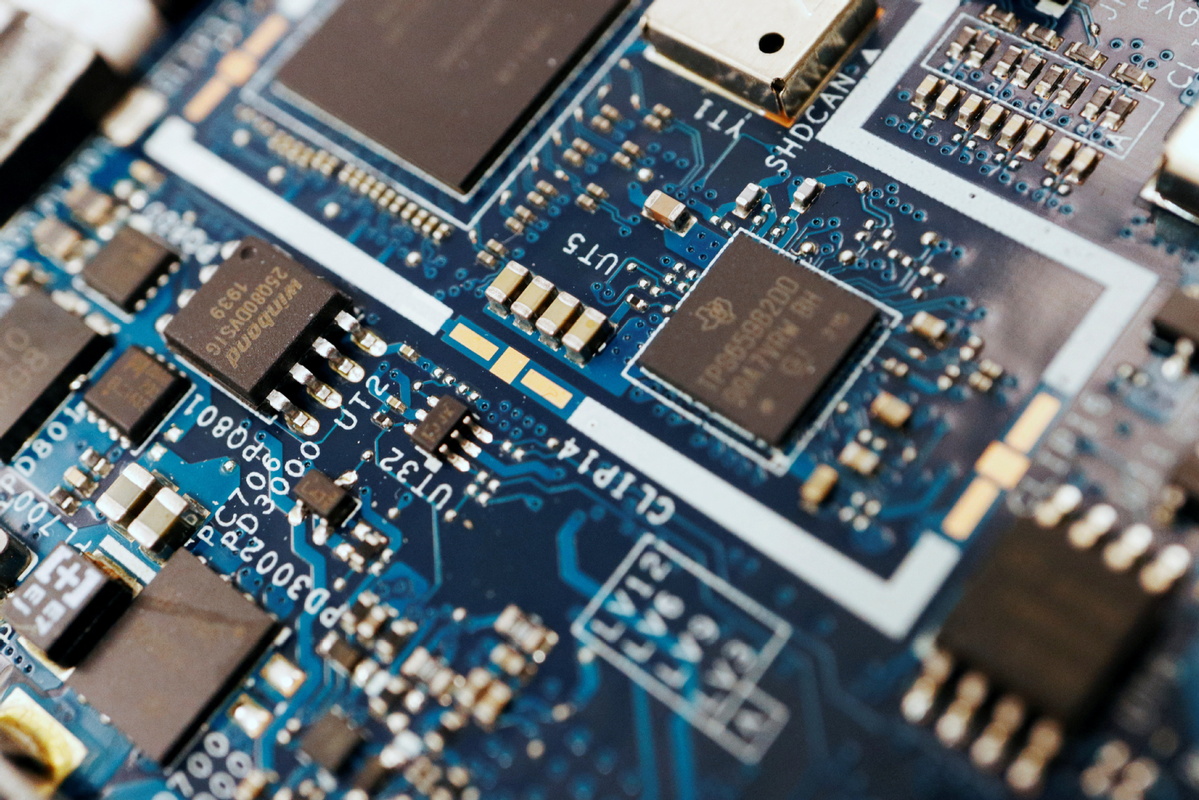Curbs to 'cause huge losses' for Japan's chip industry
By Ma Si,WANG XU,ZHONG NAN and JIANG XUEQING | chinadaily.com.cn | Updated: 2023-05-30 01:38

Chips: Pragmatic cooperation in key areas encouraged
Japan's chip export controls will deal a heavy blow to its chipmaking equipment companies, as most of them count China as their largest market, Japanese and Chinese experts said.
Highlighting that being Washington's pawn will only harm Tokyo, they said the restrictions will motivate Chinese companies to pour in more resources for breakthroughs in crucial technologies.
The comments came as Commerce Minister Wang Wentao urged Japan to correct its wrongdoing of imposing chip export controls, which seriously violated international economic and trade rules, according to a statement released by the Ministry of Commerce on Monday.
Wang made the comments on Friday during talks with Yasutoshi Nishimura, Japan's minister of economy, trade and industry, at the APEC Ministers Responsible for Trade Meeting in Detroit in the US state of Michigan.
China is willing to work together with Japan to promote pragmatic cooperation in key economic and trade areas, and provide a fair, transparent and predictable business environment, Wang said.
Tokyo said earlier this month that it will put restrictions on exports of 23 types of crucial chipmaking equipment starting in July, aligning its trade rules with the US push to curb China's ability to make advanced chips.
Experts said such rules are overly broad and the scope of controlled items far exceeds the internationally accepted list of controlled items, which will weigh heavily on the companies concerned.
Masahiko Hosokawa, a business professor at Meisei University, said it will be difficult for Japanese companies to do business unless the Japanese government clarifies the specific products or components that are subject to the export controls, what conditions must be met for exports to be allowed, and when the export controls will take effect.
Takamoto Suzuki, who heads economic research at Marubeni, a Japanese conglomerate engaged in trading and investment, said the problem is that Japanese chip companies depend heavily on exports because the domestic chip market is not robust.
"This situation could impede the progress of the Japanese industry and ultimately diminish its competitiveness," Suzuki said.
The Chinese mainland is the largest export destination for Japanese semiconductor equipment manufacturers. In 2022, such exports from Japan to the Chinese mainland reached 820 billion yen ($5.85 billion), exceeding 30 percent of Japan's total chipmaking equipment exports, and almost double the amount of US exports in the same sector to the mainland, according to data from the Chinese Academy of International Trade and Economic Cooperation.
Zhang Wei, vice-president of the academy, said that for Japanese chip equipment makers, the Chinese mainland market accounts for about 20 to 30 percent of their overall sales revenue.
"The restrictions will cause huge losses for them," Zhang said.
The impact is already evident. Tokyo Electron, which derived about 26 percent of its total net sales from the Chinese mainland market in 2022, is anticipating significant downward pressure. The company expected its annual revenue to fall 23 percent from a year earlier to 1.7 trillion yen.
Chen Xiang, an associate research fellow at the Chinese Academy of Social Sciences' Institute of Japanese Studies, said the export restrictions will once again strike a blow to Japan's chip industry, which has already experienced a significant decline compared with the 1980s.
"Japanese companies may face not only the loss of a large market, but also potential countermeasures from China," Chen said.
Song Lei, a professor at Peking University's School of Government, said: "Japan is willing to endure losses to follow the US move. This reflects that political logic overrides economic logic."
Japan's move will accelerate the development of China's homegrown chip industry, as not all of the equipment restricted by Japan is beyond Chinese companies' production capabilities, Song said.
"Our output may be small now and a quality gap still exists. But the restrictions have made us more determined to achieve breakthroughs," a senior executive from a Chinese chip company said on condition of anonymity.
























